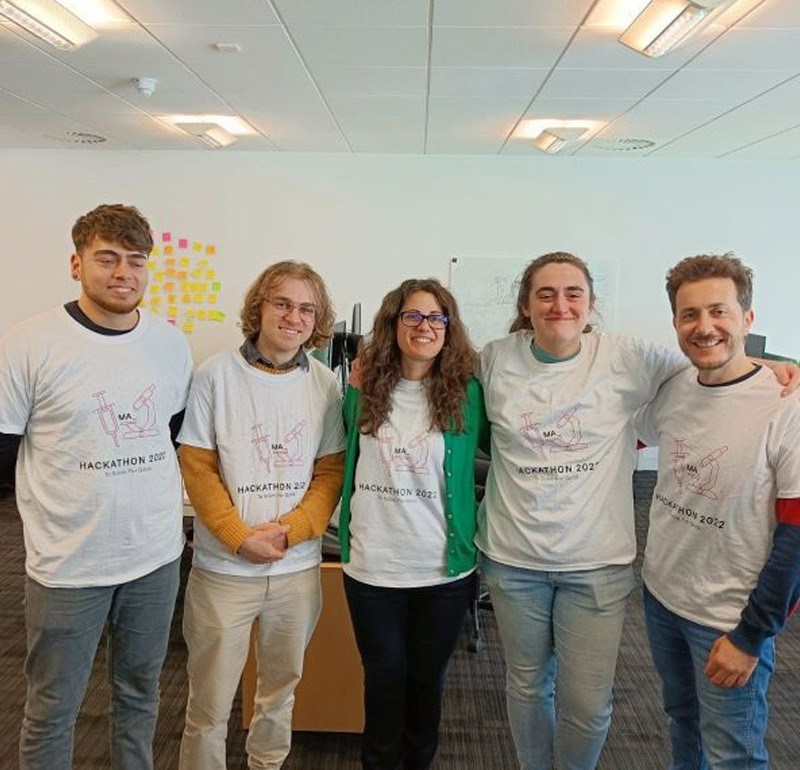Lead Data Scientist, Felicia Ziparo, shares her learnings from the recent Methods Analytics Hackathon.

We recently hosted our first internal Methods Analytics Hackathon. We’re all familiar with the general appeal of running a company hackathon, such as boosting the spirit of the team, and providing the opportunity to further develop skills and projects; all of which I expected when we embarked on this process. Much to my surprise, however, these were augmented by some further advantages that have now made us all at Methods Analytics Hackathon advocates.
The Mission
Three teams of data scientists and analysts were tasked with investigating how we could better predict outbreaks of vaccine-preventable infectious diseases. Each team had 2 days, reams of public data and a lot of collective brain power to draw on, as they competed against each other.
After months of working remotely, teams were able to come together in the same space whilst, exchanging ideas, unleashing creativity and collaborate in solving a real-world health care problem.
I was impressed by the great teamwork and ideas during these days. In a short amount of time, the teams presented actionable solutions that could be implemented, for good. Interesting to see how different and complementary some suggestions were, laying the foundations for potential future offerings. Well done team!
Team optimisation
This pilot proved hackathons are very effective to explore and develop our offering in different use cases while strengthening team collaboration. Healthcare is a remarkably interesting topic and one I particularly care about. It would be interesting to see what our multidisciplinary teams come up with, for example, in the government sector.
As a team leader, a key benefit of the hackathon was learning more about my team and how they work best. Some of the highlights include seeing colleagues efficiently identify complementary skills, divide tasks accordingly and build a roadmap. Observing how the teams worked, gave me more information on how I could put together a team to work on a specific use case, understanding which characters would work better together and which skills can be used to solve particular problems, thus, going further than team building, to team optimisation.
Improved culture of sharing
The team amassed numerous benefits from being together in the same room. During the past months, we have worked, largely remotely, on different projects, learning different skills and techniques: the hackathon presented a good opportunity to share the knowledge gathered, and apply the experience gained as a team, on an interesting problem.
I was pleased to see that the data scientists stuck to best practice, even when deadlines were tight, for example using Git to share their code and following up with notes to document the work done. This positive attitude allows us to pick things up in the future and to use the solutions to set the basis of expanding our capability and what we plan to do for our clients.
Advancing Trust
I have seen all members of my team grow during these months, acquiring new skills and discussing about applications of data science techniques and their implications. Although, feedback has been provided on many occasions, this has been the moment in which they proved to themselves how transferable and applicable their skills can be. Not only did everyone boost their confidence in what they can achieve in a short amount of time, but they increased the trust in each other and how they can work together to deliver actionable insights. Priceless.

Felicia Ziparo, Lead Data Scientist


